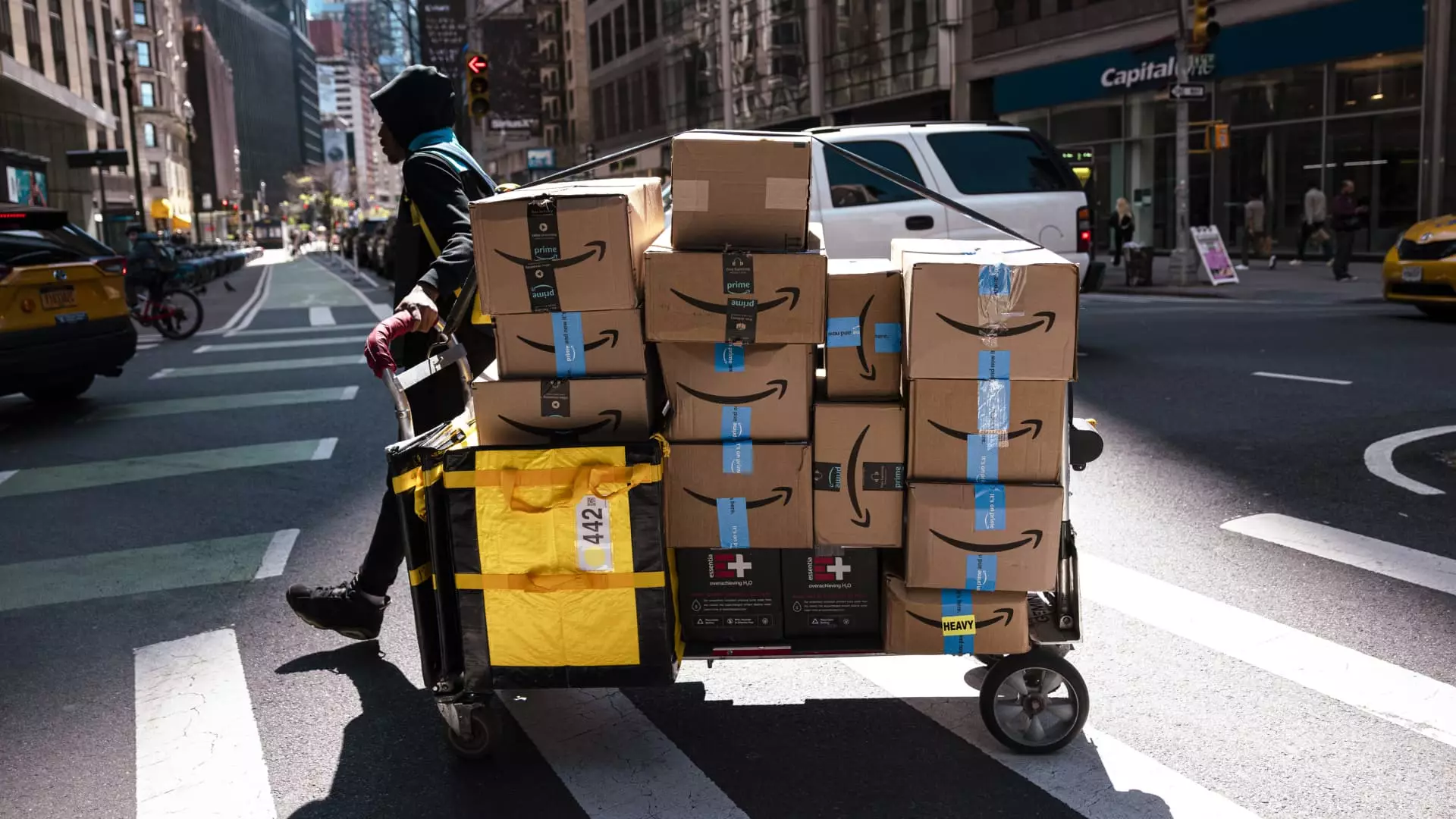The recent merger of Amazon aggregators Branded and Heyday has caught the attention of many in the e-commerce industry. This consolidation comes at a time when the sector experienced significant growth during the Covid era. The newly merged companies will operate under the name Essor, which translates to “take flight” in French, symbolizing their vision of elevating brands to new heights through their platform. With an expected annual revenue of $400 million, the merger marks a significant step forward for both companies.
Apollo Global Management and BlackRock are reportedly in talks to provide new debt financing to support the combined entity, highlighting the financial backing behind this merger. This move not only signals confidence in the potential success of Essor but also sets the stage for further acquisitions in the e-commerce space. The involvement of such prominent financial institutions speaks to the scale and impact of this merger on the industry as a whole.
Despite the optimism surrounding the merger, challenges lie ahead for Essor. Heyday is expected to undergo a significant round of layoffs, with up to 70% of employees facing potential job losses. While such restructuring is common in mergers and acquisitions, the impact on the individuals involved cannot be overlooked. The consolidation of teams and resources will also pose challenges as the newly formed entity navigates the integration process.
Heyday and Branded operate in the competitive market of Amazon seller aggregators, where companies seek to acquire and consolidate independent sellers on the e-commerce platform. The industry saw a surge in investments during the pandemic-driven growth in e-commerce, with aggregators raising significant capital from investors. However, as consumer behavior shifted and funding dried up for some startups, challenges arose for aggregators looking to maintain profitability.
The merger of Branded and Heyday is just one example of the consolidation trend in the e-commerce industry. As companies seek to leverage economies of scale and synergies to drive growth, partnerships and mergers will continue to shape the landscape. The fate of Essor and other aggregated entities will depend on their ability to adapt to changing market conditions, consumer preferences, and competitive pressures. In a rapidly evolving industry, agility and innovation will be key to success.
Overall, the merger of Amazon aggregators Branded and Heyday represents a significant development in the e-commerce sector. As Essor takes flight and seeks to elevate brands to new heights, the challenges and opportunities ahead will test the resilience and vision of the combined entity. With the support of financial backers and a strategic roadmap, Essor has the potential to make waves in the world of e-commerce aggregation. Only time will tell how this merger will impact the industry and shape the future of online retail.

Leave a Reply